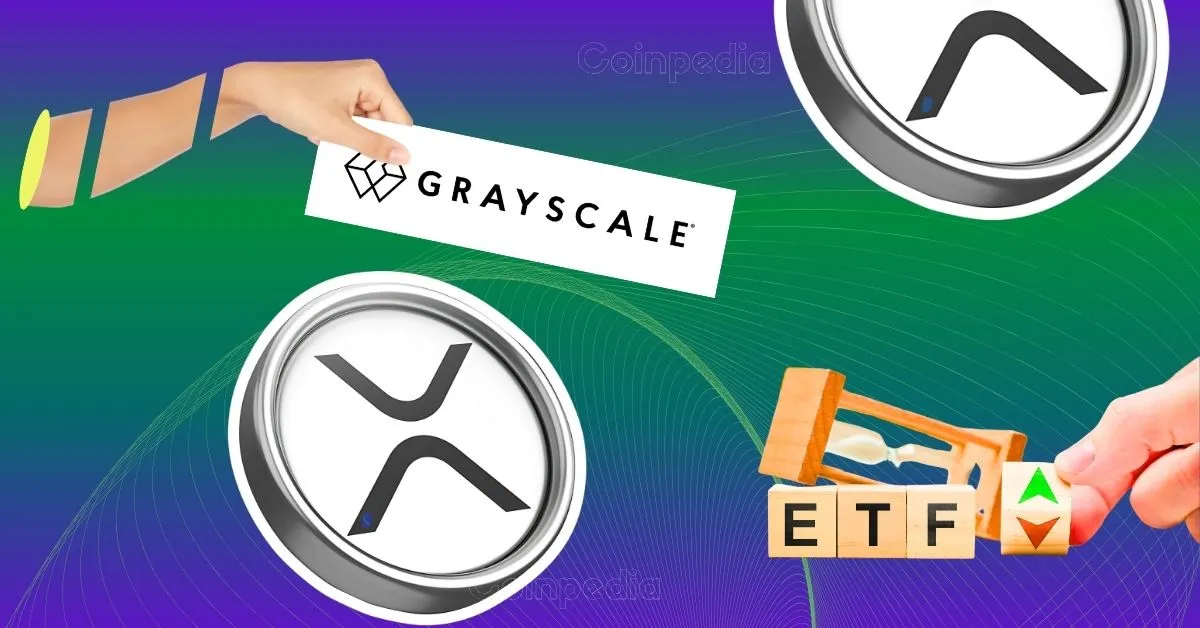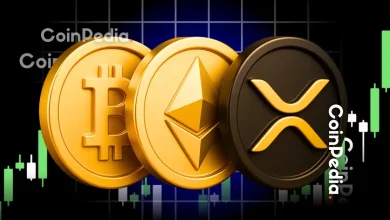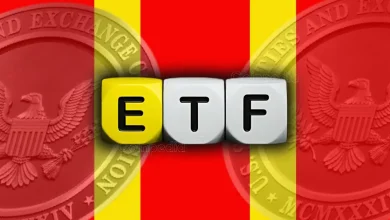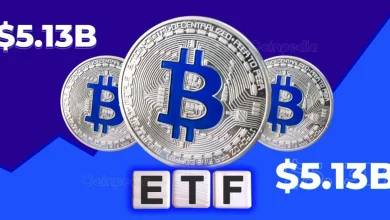
ProShares is launching a "Short XRP ETF" by April 30, 2025, highlighting growing interest in XRP investment products.
XRP leads altcoins in ETF filings, with anticipation building for Grayscale's potential approval.
Increased institutional interest and XRP's strong liquidity position it as a significant asset in traditional finance, pending regulatory decisions.
XRP’s journey in the crypto world has been remarkable. With ProShares recently filing for a futures-based “Short XRP ETF,” set to launch on April 30, 2025, XRP is clearly gaining more attention. But investors still have one burning question: When will Grayscale’s XRP ETF get approved?
The growing interest in XRP-backed financial products is only adding fuel to the fire. Stick around as we dive into what’s at stake and why this could be a game-changer for investors.
Grayscale’s XRP ETF: Still Waiting for Approval
Grayscale, one of the biggest names in crypto investment, is still waiting for approval of its XRP ETF proposal. This is happening even as demand for XRP-based financial products continues to grow. ProShares isn’t the only one entering the space—Hashdex recently launched XRPH11, the world’s first spot XRP ETF, which is tied to the Nasdaq XRP Reference Price Index. This move shows how much interest there is in XRP-linked investment products.
XRP has now surpassed altcoins like Solana, Litecoin, and Dogecoin in ETF filings, becoming the top altcoin in this area. Research by Kaiko reveals that XRP has more ETF filings than any other altcoin, pointing to a clear increase in interest.
XRP’s liquidity, which makes it easier to buy and sell at a stable price, is a key reason why both institutional and retail investors are eyeing it. It’s also something that regulators consider when deciding whether to approve products like ETFs.
Demand for XRP ETFs: What It Means for Investors
The growing number of ETF filings, including from big names like Bitwise, 21Shares, and CoinShares, signals that XRP is moving toward broader institutional acceptance. However, the most anticipated development remains the approval of Grayscale’s XRP ETF.
If it gets the green light, investors will have an easier, more regulated way to gain exposure to XRP. This could lead to even more growth and legitimacy for the cryptocurrency.
Will a Settlement with the SEC Change Everything?
XRP’s recent rise has been fueled by buzz from crypto analyst John Squire, who hinted that Ripple might settle with the SEC. Such a settlement could play a big role in getting XRP-based ETFs approved.
Squire sees ProShares’ ETF filing as a critical step for XRP to move from a niche asset to a key part of traditional finance. Even regulatory experts like Paul Atkins are starting to see XRP as important infrastructure for the future of the financial system.
Will Grayscale’s XRP ETF Be Approved?
With ProShares leading the charge, the big question remains: Will Grayscale’s XRP ETF be approved next? If the SEC gives the go-ahead, it would give investors a regulated way to access XRP and could boost the cryptocurrency’s growth and institutional support.
As the countdown to a regulatory decision begins, the crypto world is waiting to see what happens next for XRP. If Grayscale’s ETF gets approved, it could be the breakthrough XRP needs to cement its place in the financial world.
FAQs
An XRP ETF (Exchange-Traded Fund) is a financial product that allows investors to gain exposure to the price movements of XRP, the cryptocurrency associated with Ripple, without directly owning the digital asset.
ProShares is launching three XRP ETFs: an Ultra XRP ETF (2x leverage), a Short XRP ETF, and an Ultra Short XRP ETF (-2x leverage). The Ultra ETFs offer leveraged exposure to XRP, while the Short ETFs allow investors to profit from XRP price declines.
Grayscale’s XRP ETF filing is currently under review by the SEC, with a critical deadline set for May 22. The approval of this spot ETF could pave the way for more traditional financial products tied to XRP.
Once approved and launched, XRP ETFs can be purchased through brokerage accounts that offer access to U.S. or international stock exchanges. Investors should consult with financial advisors to understand the risks and suitability of these products for their investment portfolios.








